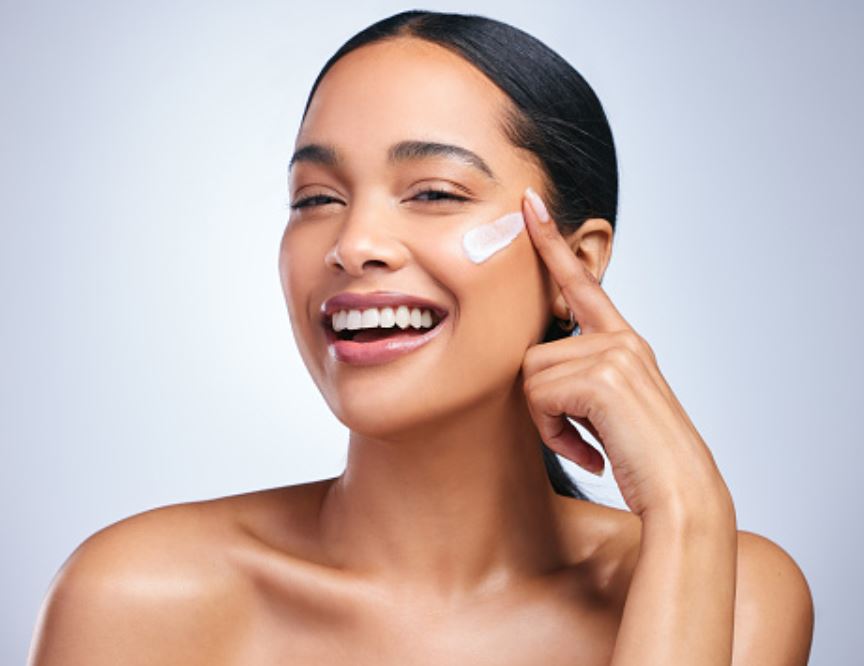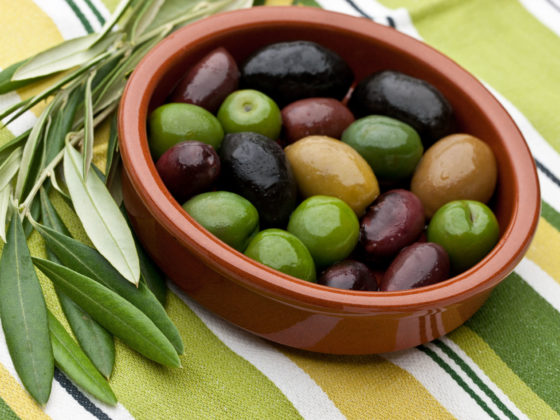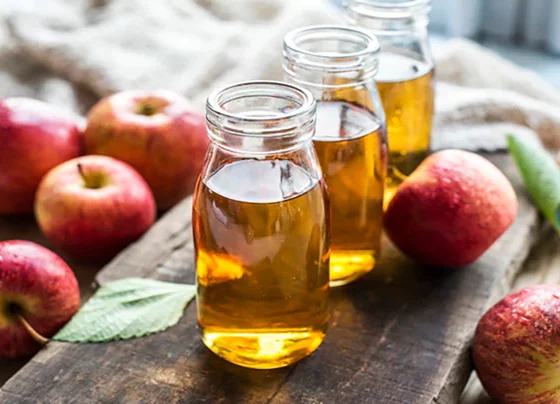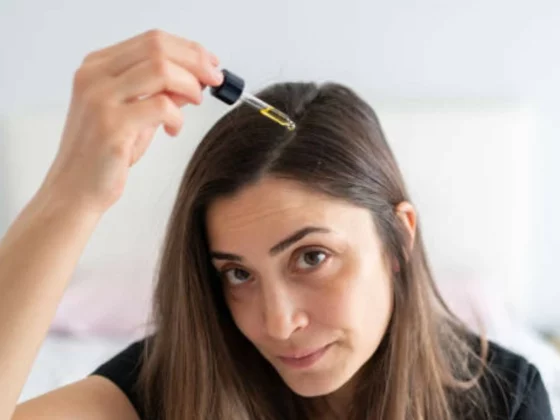When it comes to achieving excellent skin, we often focus on external treatments such as skin care products and facials. However, what many of us fail to realize is that our diet plays a crucial role in the health and appearance of our skin. Incorporating specific foods into our daily meals can provide the necessary nutrients for healthy-looking skin. One essential ingredient that should not be overlooked is oil.
While some may view oil as a harmful substance for the skin, certain types of oil can actually work wonders for your complexion. In fact, including healthy oils in your diet can help to nourish and hydrate your skin from within, leading to a more radiant appearance.
The importance of diet for healthy skin
Healthy and glowing skin is the result of a balanced diet. A diet rich in vitamins, minerals, and antioxidants can help keep your skin healthy and prevent various skin problems. One essential ingredient that can work wonders for your skin is oil. Whether you apply it topically or consume it through food, oils like coconut oil, olive oil, and avocado oil are packed with nutrients that promote healthy skin.
Consuming foods high in omega-3 fatty acids like fish and nuts can reduce inflammation in the body and help keep the skin moisturized. Eating foods rich in vitamin C such as strawberries, citrus fruits, papaya, and bell peppers promotes collagen production which helps maintain firmness in the skin. Additionally, incorporating antioxidant-rich foods such as berries into your diet can protect your skin from damage caused by free radicals.
In conclusion, maintaining a well-balanced diet consisting of nutrient-dense foods like oils and antioxidants can significantly impact your overall health as well as improve the appearance of your skin leaving you with a healthy radiant-looking glowing complexion!
Benefits of incorporating oil in your diet
Oil is a vital ingredient to incorporate into your diet for excellent skin care. It is an essential part of our daily meals, and it provides numerous benefits such as helping in the absorption of vitamins A, D, E, and K. These fat-soluble vitamins are crucial for healthy skin because they help maintain its elasticity and prevent wrinkles.
Another benefit of incorporating oil into your diet is that it helps maintain supple skin by providing hydration. The human body requires a certain amount of good fats to keep the skin hydrated from within. When you consume sufficient amounts of oil, it helps moisturize the skin and protect it from dryness.
Additionally, consuming oils like olive or coconut oil can help balance hormones and regulate inflammation in the body. Hormonal imbalances are one reason why people develop acne or other inflammatory conditions on their face or other parts of their bodies. Thus, incorporating oils in your diet can effectively reduce inflammation throughout your body while promoting healthy-looking skin.
Types of oil for skin care
When it comes to skincare, oil is one of the essential ingredients that can make all the difference. However, not all oils are created equal, and using the wrong one can cause more harm than good. Here are some common types of oils used in skin care:
- Jojoba Oil: This oil is ideal for those with oily skin as it mimics the natural sebum produced by our skin. It moisturizes without clogging pores and helps regulate excess oil production.
- Rosehip Oil: Rich in antioxidants and vitamins A and C, this oil is great for reducing fine lines and wrinkles, improving skin texture, and fading scars.
- Argan Oil: Known as “liquid gold,” this Moroccan oil is incredibly nourishing for dry or mature skin due to its high levels of vitamin E and fatty acids.
Overall, incorporating oils into your skincare routine can be a game-changer for achieving healthy, glowing skin. Just remember to choose an oil that works best for your individual needs!

How to incorporate oil in your diet
Oil is an essential ingredient for a healthy and glowing skin. The right oil in your diet can help keep your skin moisturized, reduce inflammation, and prevent premature aging. Incorporating oil into your meals can be easy and delicious. One way to do this is by using olive oil as a salad dressing or as a cooking agent in place of butter or vegetable oils. You can also add flaxseed oil to smoothies or drizzle it over oatmeal for an added boost of omega-3 fatty acids.
Another option is to incorporate coconut oil into your diet by using it as a replacement for other oils when cooking at high temperatures or baking. Coconut oil has antibacterial properties that can help improve gut health, which in turn enhances the appearance of the skin. Additionally, consuming fish rich in omega-3s such as salmon, tuna, and mackerel can also provide benefits for the skin due to their anti-inflammatory properties.
In conclusion, adding various types of oils to our diets provides numerous benefits not only for the skin but also for overall health. It’s important to choose high-quality oils and use them appropriately in order to reap their full advantages – whether drizzled on top of salad greens or cooked with meats and vegetables – incorporating different types of oils into our diets is crucial for maintaining excellent skin care practices while keeping us fit and healthy inside out.
Other dietary tips for great skin
In addition to essential oils, there are several dietary tips that can help improve skin health. One important factor is hydration – drinking plenty of water throughout the day helps keep skin hydrated and looking its best. Consuming fruits and vegetables rich in antioxidants, such as berries and leafy greens, can also help protect skin against damage from environmental factors like pollution and UV rays.
Eating foods high in healthy fats, such as salmon or avocado, can nourish the skin from within and promote a youthful glow. Additionally, limiting processed foods and refined sugars can help reduce inflammation in the body that may contribute to skin issues like acne or rosacea. Overall, a balanced diet rich in whole foods is key to achieving great skin from the inside out.
Conclusion: The key to beautiful skin is a healthy diet
consuming a healthy diet is the key to achieving beautiful and healthy skin. A lot of people tend to overlook the impact that their diet has on their skin. However, it is important to understand that what we eat reflects on our skin’s appearance. Consuming foods high in vitamins and antioxidants can help nourish your skin from within.
Furthermore, oil is an essential ingredient when it comes to skincare. It helps keep your skin moisturized and prevents dryness and flakiness. Incorporating oils such as coconut oil, olive oil, or jojoba oil into your skincare routine can do wonders for your skin’s health.
Lastly, drinking enough water throughout the day is also crucial for maintaining good skin health. It helps flush out toxins from our body and keeps our skin hydrated from within. Therefore, a balanced diet with plenty of fruits and vegetables along with adequate hydration can improve overall skin health dramatically.
Read Also….benefits-of-acai-berry-in-weight-loss
















